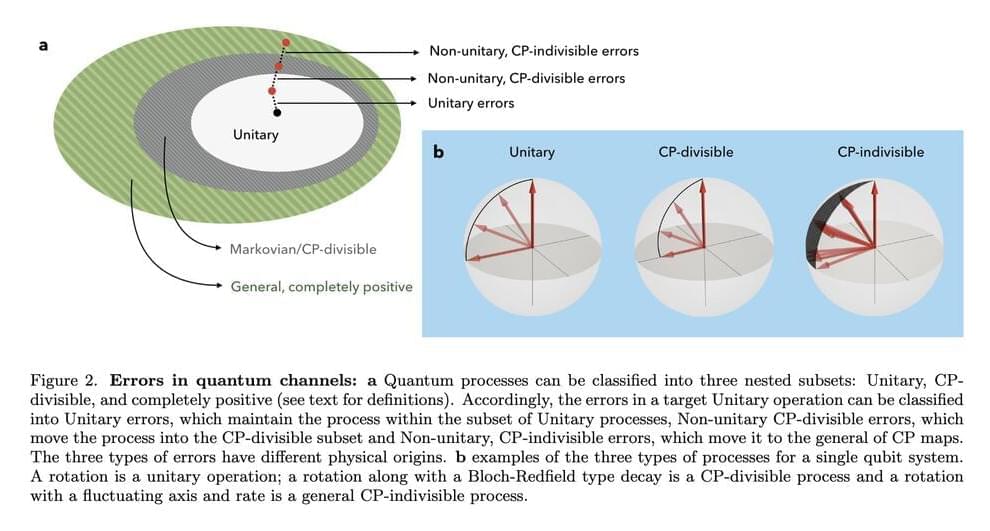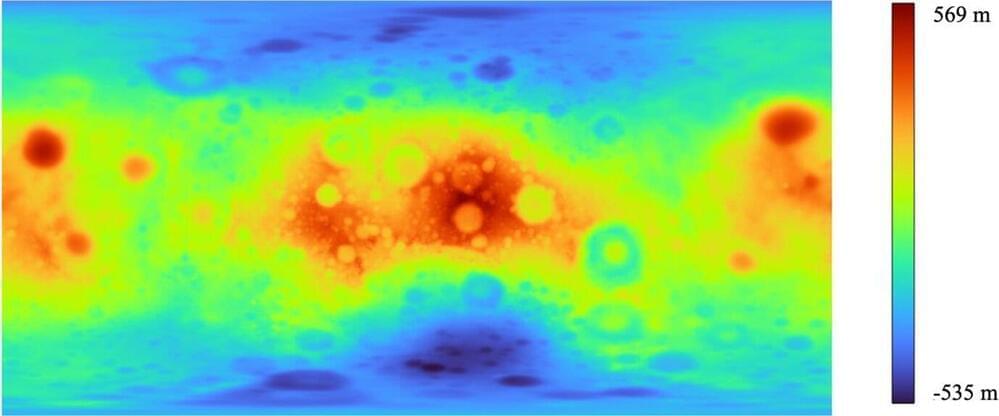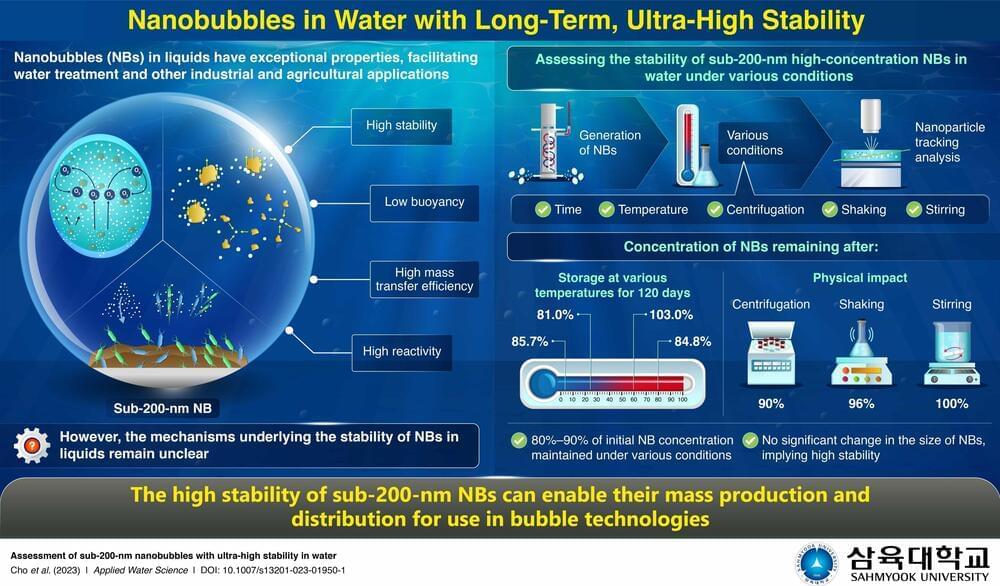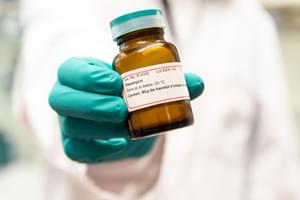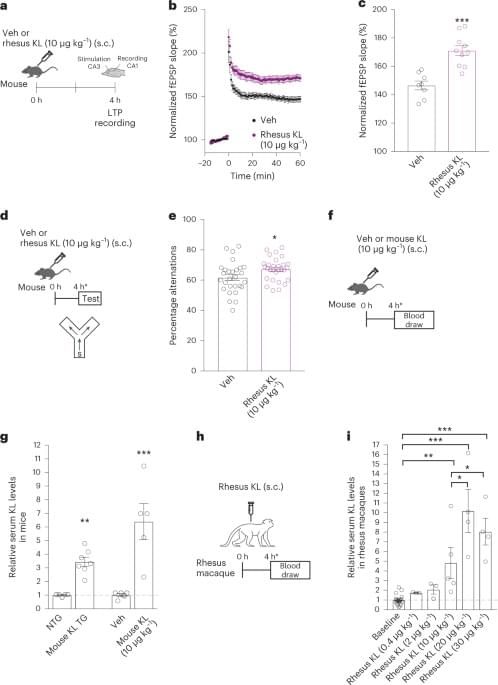Jul 26, 2023
AI predicts multiple sclerosis & flags contaminated samples
Posted by Roman Kam in categories: biotech/medical, robotics/AI
A new artificial intelligence model can predict people’s risk of multiple sclerosis years before diagnosis, potentially enabling quicker treatment, according to research revealed at the 2023 AACC Annual Scientific Meeting & Clinical Lab Expo. Another breaking study demonstrates how machine learning can help detect lab samples contaminated with intravenous fluids—a finding that could reduce lab errors that delay diagnosis and raise healthcare costs.
Taken together, the results highlight key advances in the use of artificial intelligence and machine learning to improve patient care.
AI model harnesses patient data to predict multiple sclerosis risk.





